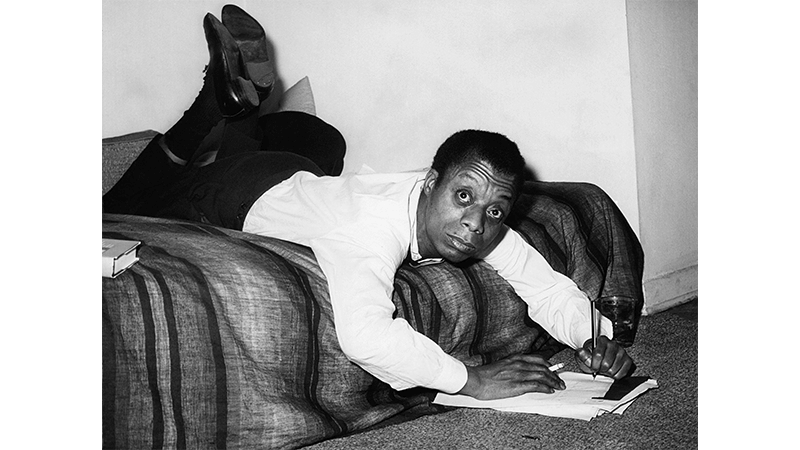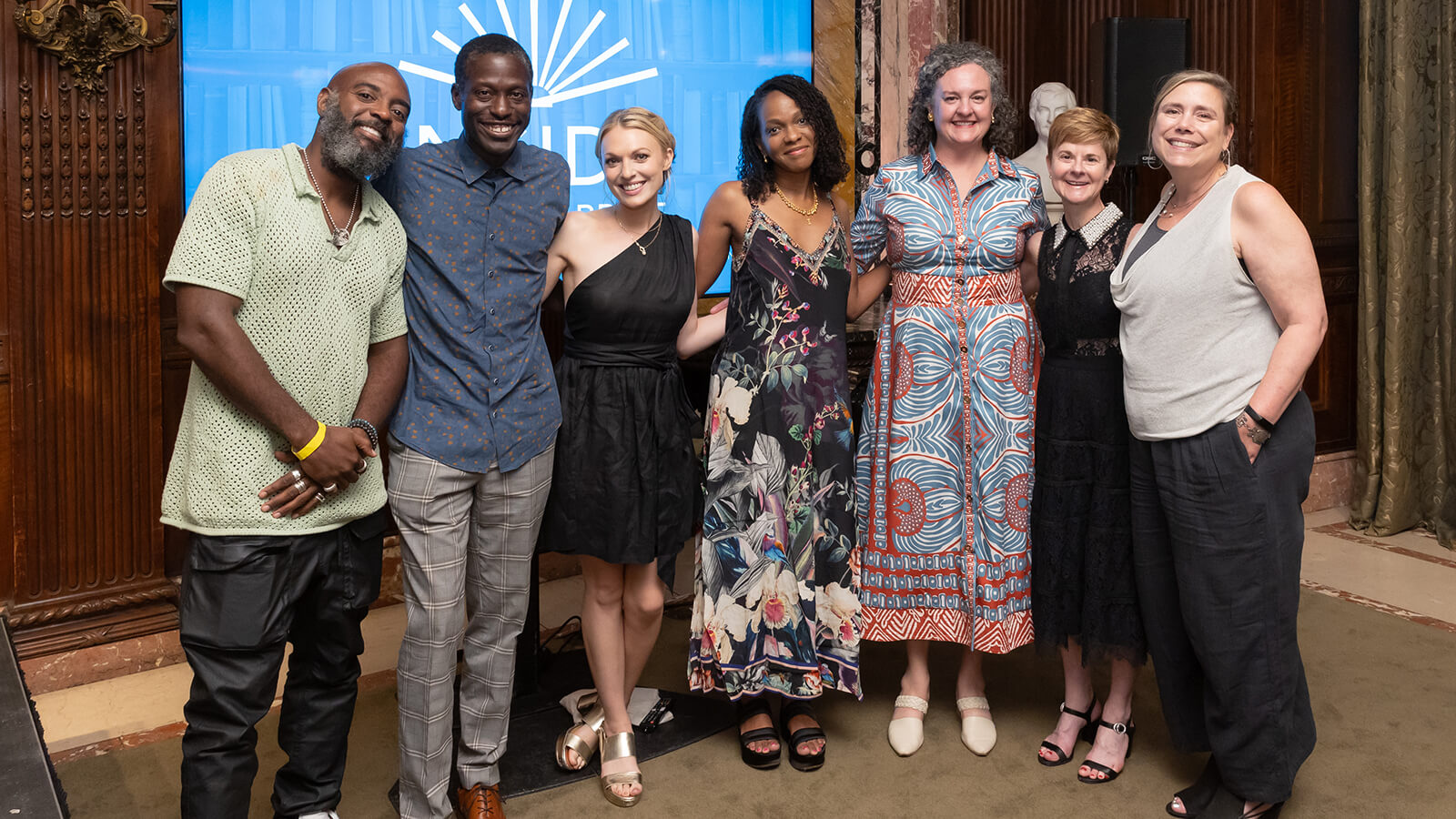Tomasz Jedrowski On How James Baldwin’s Novel Giovanni’s Room Inspired His Own Writing
Tomasz Jedrowski is the author of Service95 Book Club’s Monthly Read for May: Swimming In The Dark. It tells the story of two male students in 1980s communist Poland, where homosexuality is forbidden. In this exclusive essay, Jedrowski explores the power of James Baldwin’s Giovanni’s Room, a classic gay novel whose exploration of shame resonates with the two new lovers in Swimming In The Dark.
Some years ago, before ‘googling’ was a verb, I typed ‘gay literature’ into an internet search engine. I was 23, and vulnerable the way maybe only a recently out person can be.
A Guardian article appeared, listing classics of queer writing. One of them was James Baldwin’s Giovanni’s Room. I’d never heard of its author, but something about the book’s title intrigued me. I don’t remember where I ended up buying it, but I remember the eerie sense of connection I felt to David, the novel’s narrator, as soon as I began to read. Here’s how Ludwik describes the experience in Swimming In The Dark:

“The sense of internal doom… spoke directly to me. This wasn’t distraction or entertainment: here was a book that seemed to have been written for me. It felt as if the words and the thoughts of the narrator – despite their agony, despite their pain – healed some of my agony and pain, simply by existing.”
Maybe it was the clarity with which David speaks about his shame that touched me so. All my life I’d tried to hide my difference, to fit in, until I’d become almost invisible to myself. I hadn’t known just how badly I needed to be seen until I read Giovanni’s Room. Feeling David’s loneliness, I recognised my own.
Something unexpected happened then. Once I saw myself on the page, once I began to look at my pain, I began to see it outside of myself, too. Baldwin said that reading Dickens “taught me that the things that tormented me most were the very things that connected me with all the people who were alive, or who had been alive”. The same became true for me with Baldwin’s writing. The more I read his work, the more I recognised my own torment in others, including those who seemed to have nothing in common with me: neither male nor white nor queer; nor, in the case of Baldwin, alive. None of this seemed to matter anymore. Because the truth I glimpsed in Giovanni’s Room is this: we all want to be seen and loved. We’re all, deep down, scared and lonely, and baffled by the beauty and violence of the world. This is why it feels so terrible to have one’s importance determined by others, based on your gender or race or sexuality. This is why, also, I began to write. To lean into the experience of injustice, in order to try to find a way out. To overcome hatred. To thank Baldwin. To leave another trail of breadcrumbs for the long path back to love.




